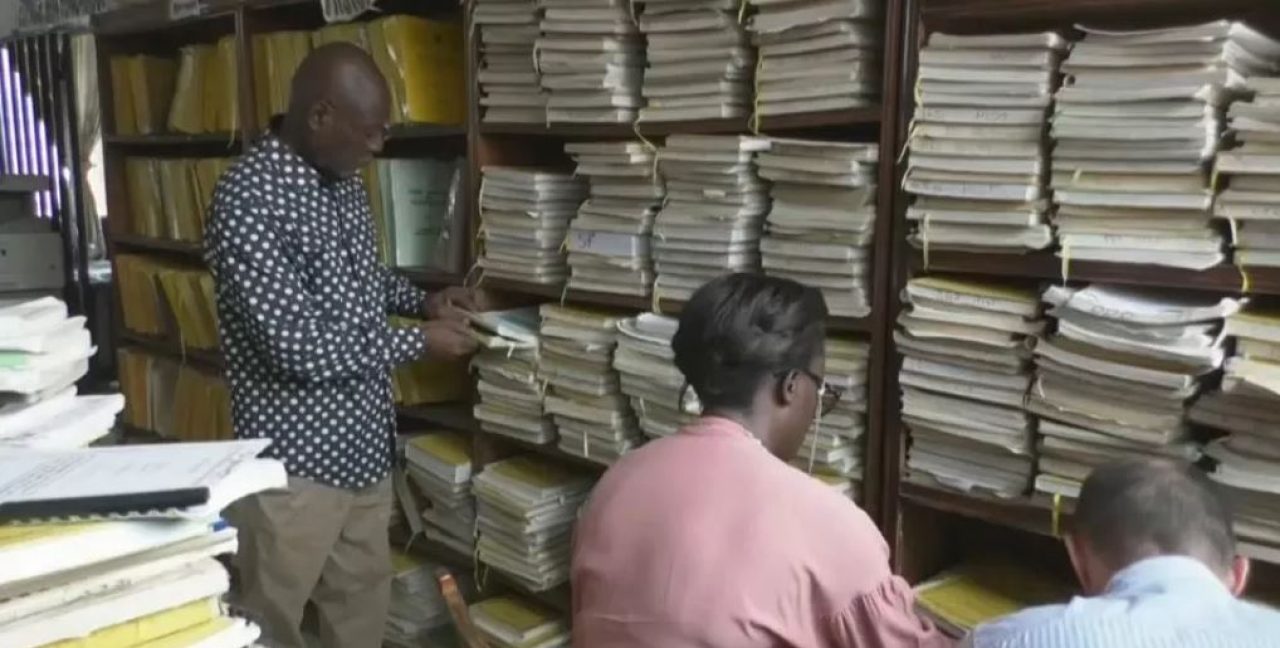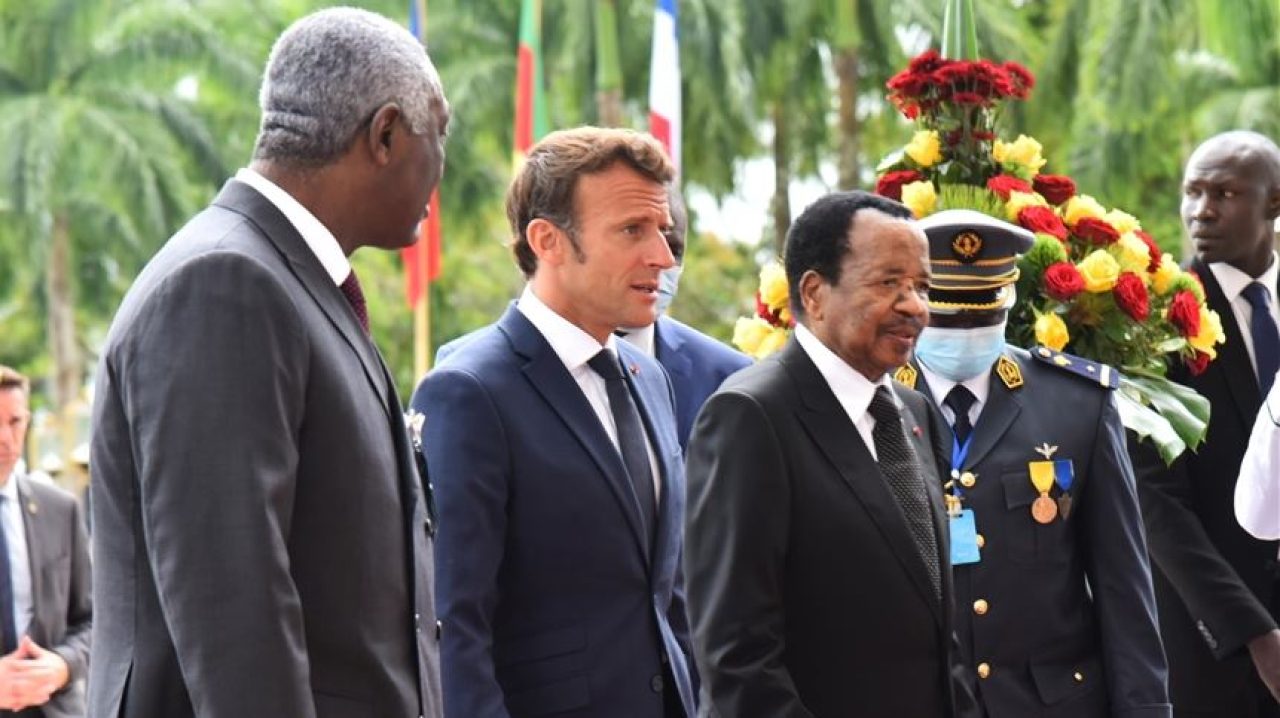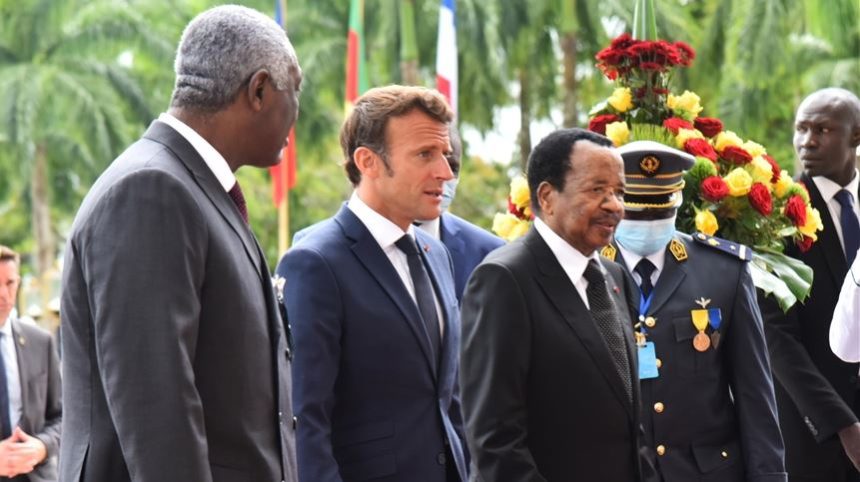In a recent turn of events, Paris voluntarily handed over its classified documents to a commission of historians from both nations who had been appointed by Presidents Paul Biya of Cameroon and Emmanuel Macron of France to expose the horrifying but frequently overlooked aspects of the colonization and decolonization of the central African nation. It would seem that colonial history has remained a minor part of French identity.

This is just one of many steps French President Macron has taken to forge new ties with Africa.
“Since president Macron, was committed to it, Cameroonian researchers benefit from conditions of access to these files which are classified,” stated Mrs. Ramondy.
The team, which consists of 15 historians and is led by Karine Ramondy, will study France’s role in the suppression of Cameroon’s independence and opposition movements between 1945 and 1971.
Although compensation have been discussed, it is yet too soon to confirm them.

“The only thing that’s going to come out of reparations, of course, is going to be up to the appropriate people to discuss and decide once that report is done, and you can obviously count on the team to make that report as balanced and as serious as possible,” adds the French historian.
However, other historians, such Boniface Mongo-Mboussa, view memory work as selective and belonging to the world of enchantment rather than the undeniable and irrefutable truth of history.
Mongo Beti, a Cameroonian writer, hypothesized in 1972’s Main Basse sur le Cameroun that France’s decolonization attempts in Africa, notably in Cameroon, represented a form of recolonization and a rewriting of historical events.





